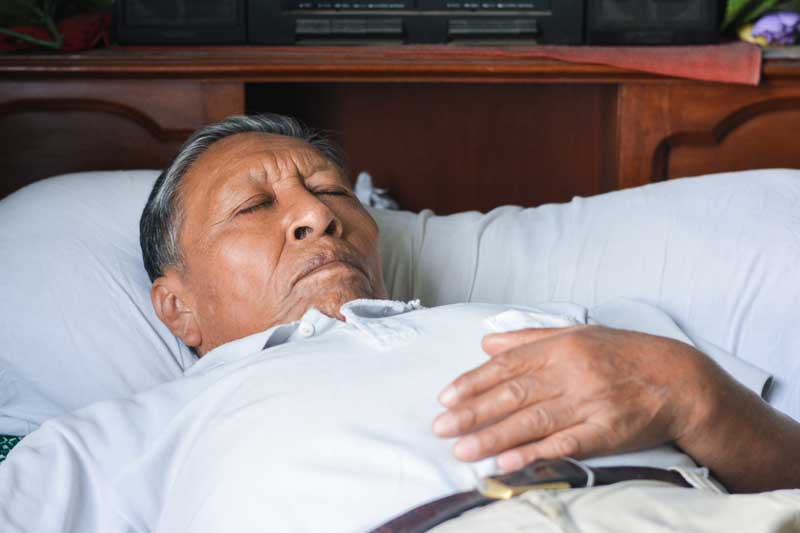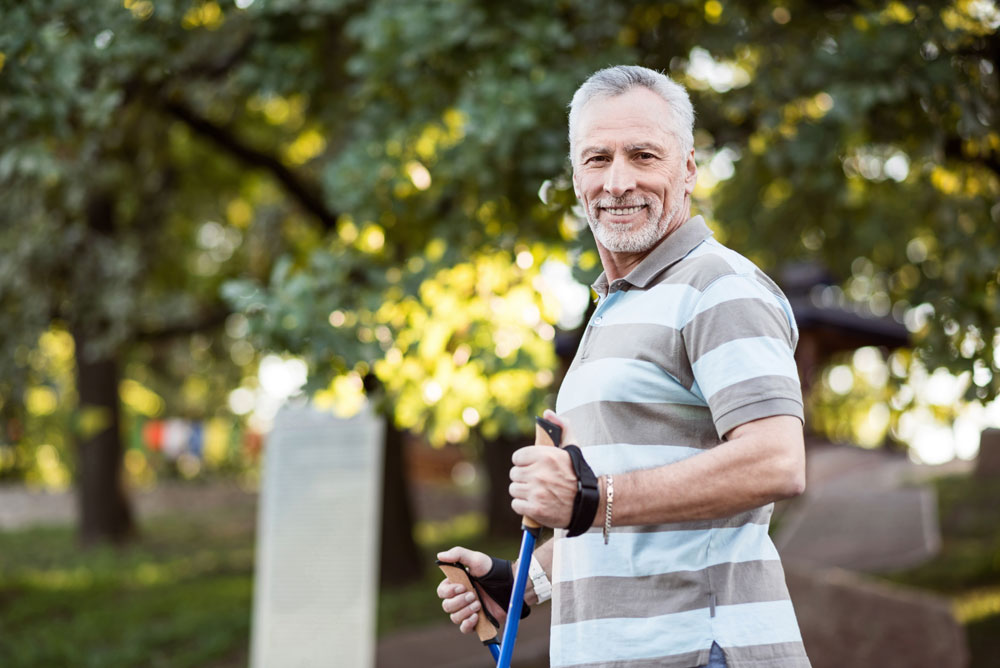What does fitness have to do with sleep? Dr. Nileena NKM explains
Sleep is one of the main pillars of healthy living, and yet highly neglected. The various dimensions of good sleep include subjective satisfaction, appropriate timing, adequate duration, high efficiency, and sustained alertness during waking hours. Anything that can affect the above can lead to poor sleep quality.
Poor sleep quality is not uncommon among the elderly. Various contributing factors include:
- Changes in sleep patterns in the form of frequent awakenings decreased deeper stages of sleep and increased daytime naps.
- Changes in circadian rhythm (biological clock) making the person fall asleep earlier and wake up earlier.
- Decreased melatonin secretion.
- Chronic illnesses and medications
- Psychiatric illnesses
- Poor sleep hygiene and new-onset sleep disorders like sleep apnea, restless leg syndrome, etc
Sleep Hygiene
The role of sleep hygiene in the management of any sleep disorder cannot be stressed enough.
Dos –
- Morning sunlight exposure for 30 minutes
- A regular sleep/exercise schedule
- Unwinding regime before bedtime through relaxation exercises
- Warm bath 1-2 hrs before bedtime
Don’ts –
- Frequent naps during the day
- Late dinner – within 2 hours of bedtime
- Late-night caffeinated beverages like tea/coffee/hot chocolate
- Late exercise – 4-6 hours before bedtime
- Alcohol/tobacco use at night
- Going to bed when not feeling sleepy, and clock-watching
- Using bed for lounging, reading, eating, watching TV, etc
It is commonly seen that people tend to exercise vigorously late at night in an attempt to feel tired and thereby to fall asleep easily. However, for most people, such exercise can make them more excited rather than drowsy. Therefore, vigorous exercise should be avoided 4-6 hours before bedtime for a good night’s sleep.

How to sleep better
Here are some exercises that can help you sleep better.
It has been often observed that any exercise that can slightly raise body temperature can help in improving sleep health. A walk before bedtime at a speed just enough to feel warm (moderate intensity) could do the trick. It is common to see that people belonging to the geriatric age group tend to lie down more frequently compared to their younger counterparts and are less physically active. The usual reasons include body aches, exhaustion, and boredom. This will reduce their net consumption of energy and can affect overall asleep. Hence, keeping oneself active throughout the day can automatically enhance one’s sleep.
Apart from increased physical activity certain relaxation exercises/ techniques can also help in sleeping more efficiently. It is frequently observed that people do not have a proper relaxation routine before bedtime. The unwinding at the end of the day is as important as the “pick me up” at the beginning of the day. Many elderly individuals complain of racing thoughts while in bed. These racing thoughts can be negative, positive or even neutral. But, many have a feeling that they cannot control these thoughts and delay sleep onset. Relaxation exercises can help to attain control. Mentioned below are a few relaxation techniques.

sleep
- Chanting
- Counting serial numbers
- Deep breathing exercises – 4 seconds of inhalation, holding for 7 seconds and then exhalation for 8 seconds
- Guided imagery- Instead of racing thoughts taking its own course one can conjure up their own imagery in their mind and follow a storyline they create
- Progressive muscle relaxation exercises- Tensing and releasing each muscle groups in an order
- Soothing music or sounds/White noise
- Yoga/meditation
- Reading something light
It is noteworthy that everybody has their own way of relaxing and everybody has to make it a point to discover what aids in alleviating their day to day anxieties.
These are some of the exercises/techniques to help one earn better sleep health. In case, the sleep issues persist despite practicing all these measures one should make it a point to bring it to their doctor’s attention. Neglecting one’s sleep health can affect one’s wellbeing and worsen the prognosis of already existing illnesses. On the occasion of World Sleep Day 2020 which is March 13, let us take an oath to live up to the slogan – Better Sleep, Better Life, Better Planet.





